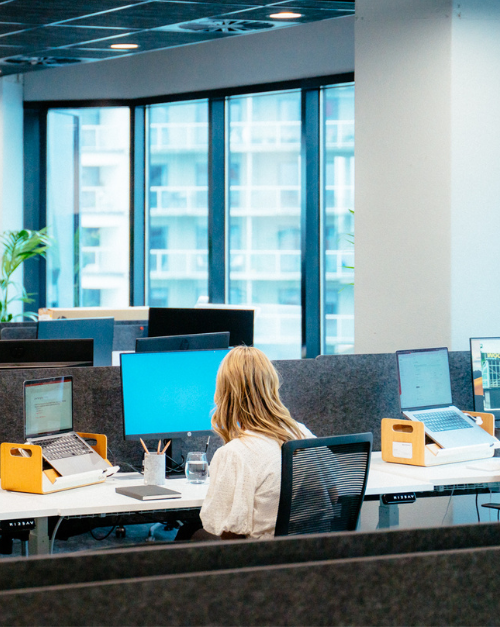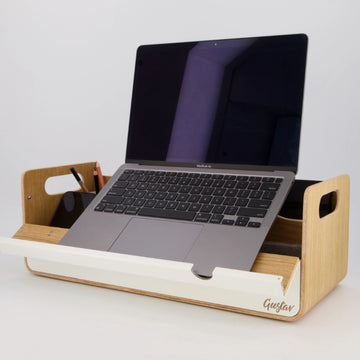Journal




Is your business ready to embrace the future of work? Let's explore how desk sharing can revolutionize your workspace!
Consider this: on a typical Tuesday, perhaps only 30% of your employees come into the office, and maybe only 25% on a Friday. In such a scenario, what’s the point of maintaining a pre-pandemic system of designated desks? Most of these desks end up unused, leading to a significant waste of office space and financial resources. If, for instance, 40-60% of your 100 pre-assigned, fixed desks are going unused during the week, that’s a clear indicator of inefficiency and unnecessary expense.
Desk Sharing and Hot desking, therefore, makes eminent sense in this context. It's not just a space-saving tactic; it's a strategic move towards a more dynamic, cost-effective, and employee-friendly workplace. The right implementation of desk sharing can transform the way businesses operate, leading to significant gains in efficiency, innovation, and employee well-being.

This article explores the concept of New Work and its impacts on the modern working world. New Work represents a new work philosophy that challenges traditional work structures and offers alternative approaches to work design. The article begins by providing a comprehensive definition of New Work, highlighting its core principles of individual autonomy, meaningfulness of work, self-responsibility, and the promotion of creativity and innovation. It then delves into the various impacts of New Work on the modern working world.






